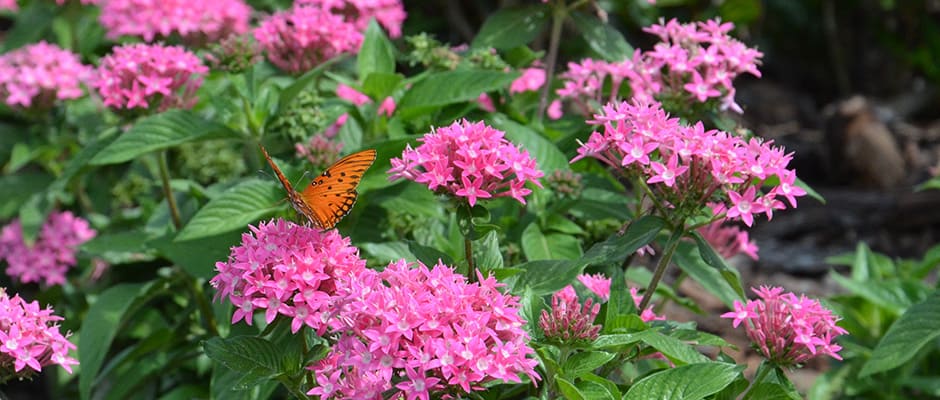Share this article
Biodiversity Could Be a Buffer Against Parasites, Disease
The richer an ecosystem is in biodiversity, the more resistant it could be to parasites and the spread of disease, according to a new study.
“Our study shows that biodiversity conservation could have this additional side benefit of reducing parasites,” said David Civitello, a post-doctoral researcher in integrative biology at the University of South Florida and lead author of the study published in the Proceedings of the National Academy of Sciences.
Civitello and a team of researchers conducted a meta-analysis that looked for evidence of the so-called dilution effect — an idea that when ecosystems are more diverse, the species within them are better at resisting parasites and disease.
They examined over 200 studies that had data comparing more ecologically diverse communities with less ecologically diverse communities and found that on average the dilution effect was fairly widespread, and not just coincidental as some researchers have suggested.
Some of the studies they examined included research on frogs and the chytrid fungus — a generalist fungal disease cutting a swath through amphibian populations across the world. The study found that when only one frog species was exposed to the disease, that species were more likely to contract it. But when there were several different species in a community, the rate of infection was lower.
The same thing occurred on another case with grasslands and plants, where there was a negative relationship between abundance of plant community and the success parasites had.
“Not only were fewer plants infected but the ones that were had less severe infections.”
Civitello said that there was some evidence the dilution effect was stronger in laboratory tests, but that the idea still applied in wild situations.
This information is important for wildlife managers as it could provide additional support for whole ecosystem conservation, since retaining more diverse communities of wildlife could allow for a more robust communal resistance to parasites and disease.
“What we should do is advance the argument that biodiversity conservation could have this additional benefit,” Civitello said.
Not enough is known about the effect to apply it toward fighting diseases such as lyme disease or malaria that are contracted by animals and even humans.
But Civitello pointed out that farmers are already using similar principles in diversifying their crop systems to provide more resistance to disease and pests.
As information about the dilution effect increases, scientists could learn to manipulate ecosystems to make them more robust and resistant to disease, Civitello said.
Header Image:
A team of University of South Florida biologists and colleagues found broad evidence that supports the “dilution effect hypothesis,” which suggests that biodiversity limits outbreaks of disease among humans and wildlife.
Image Credit: Courtesy of the University of South Florida








